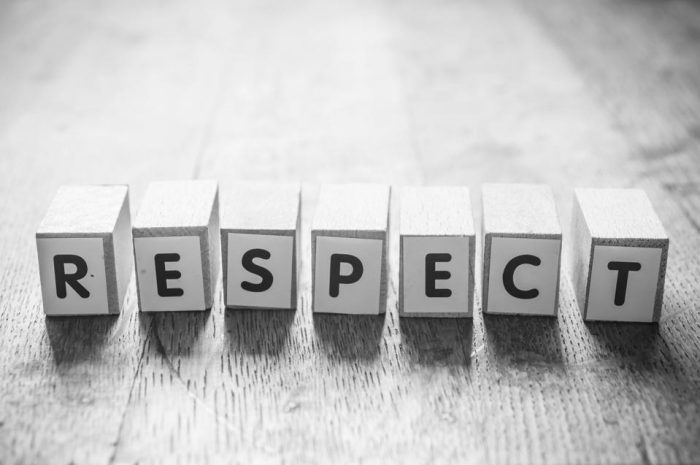
All 55 ‘Respect@Work Report’ recommendations accepted “wholly, in part, or in principle”
What does this mean for you?
In January 2020, Sex Discrimination Commissioner Kate Jenkins provided a “Respect@Work” Report (‘Report’) to the Federal Government. This report entailed a comprehensive examination of workplace sexual harassment and made 55 recommendations to proactively remove sexual harassment, change legislation and create safe workplaces.
Following this report a “Womens’ Taskforce” was introduced within the Federal Cabinet to drive the Federal Government’s womens’ agenda regarding equality, safety, economic security and health and wellbeing. One of their first considerations was the 55 recommendations from the Report, and today it has been announced that the Federal Government has accepted (wholly, in part or in principle) all 55 recommendations made in the Report.
Prime Minister Scott Morrison stated that the Human Rights Commission had found 39% of women and 26% of men had experienced sexual harassment in the workplace, and that “everyone has a right to be safe at work. Sexual harassment must be prohibited in the workplace.” He stated that 9 of the 20 recommendations regarding the Federal Government were adopted last year, with the remaining recommendations being completed today.
Attorney-General Michaelia Cash announced that the Government intend to introduce legislation to:
- Amend the definition of “serious misconduct” in the Fair Work regulations to include sexual harassment
- Clarify that sexual harassment can be a ground, or a valid reason for dismissal
- Clarify that the scope of the Sex Discrimination Act extends to judges and Members of Parliament
- Amend the Human Rights Act so that victims will have 24 months to report a sexual harassment claim (as opposed to 6 months)
It is still unsure how the remaining recommendations will be implemented as some require action from individual States and Territories. The further recommendations include:
- Conducting a national sexual harassment survey every four years
- Establishing formal arrangements for information sharing and data exchange regarding enquiries, complaints and claims relating to workplace sexual harassment matters
- Establishing a national campaign to increase knowledge of and change behaviors that drive sexual harassment
- The creation of a Workplace Sexual Harassment Council (‘council’) including representatives from the Fair Work Commission and Ombudsman, Safe Work Australia, Workers’ Compensation Authorities, Australian Council of Human Rights Authorities. The council would also include associate members to provide expertise about specific work issues relating to sexual harassment, which would include representatives from unions, government and non-government organisations.
- Amending the Sex Discrimination Act to create positive duties for employers to eliminate sexual discrimination and harassment
- Amending the Human Rights Commission Act to allow the Commission to have an inquiry function for systemic unlawful discrimination
- Federal Government to work with State and Territory governments to amend State and Territory human rights and anti-discrimination legislation
- Industry wide collaboration between industry and professional groups such as unions and employer associations to promote and address professional-wide initiatives regarding sexual harassment.
While it is still unclear how the implementation of the 55 recommendations will affect employer obligations and requirements, we will endeavor to keep you abreast of any legislative or regulatory changes in this space.
.
Want to learn more?
If you would like to know more about the report recommendations or current employer responsibilities in relation to sexual harassment and equal employment opportunity, please contact us and a Mapien Workplace Strategist will be in touch within 24 hours.

